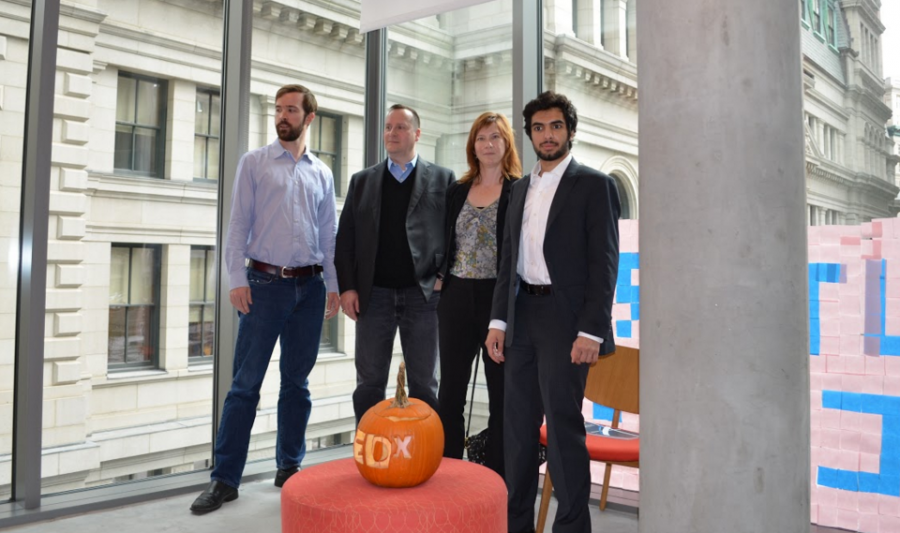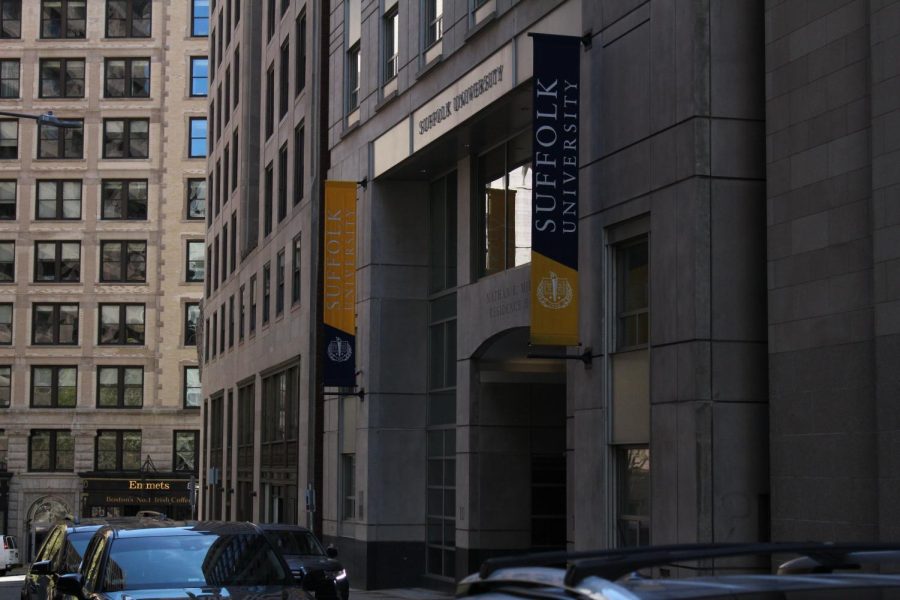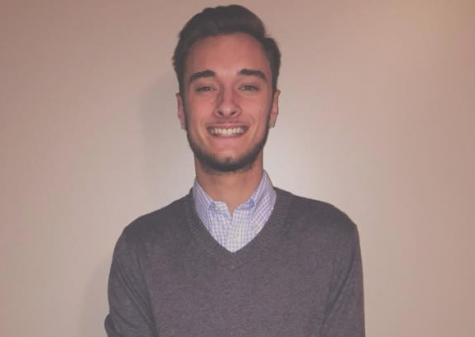Developing interoperating technological solutions for problems within urban culture has already taken off. The goal of having sustainable “Smart Cities” is not just a conceptual idea. Suffolk’s first TEDx&Talks event on Oct. 20 showcased how Smart Cities are not so obscure of a vision, and how places like Boston are already moving in a “smarter” direction. They said that the future is now.
“I think by the end of next year, there will be a few cities around the world where you can summon a car from your phone and get into it and it will take you wherever you want to go,” said Rob Toews, a panelist at the talk and the co-founder of the Stanford and Harvard Forum of the Future of Transportation.
He explained that technology is not perfected, and said that the evolution of digital maps play a large role in having driverless vehicles. Toews cited both Pittsburgh and Singapore as examples of cities that have already begun using cars that drive themselves with an alert engineer behind the wheel ready to take control of the vehicle.
The President of the TEDx&Talks Club at Suffolk, Abdullah Khoory, commented how the futuristic ideal itself is not any more important than influencing people, in a pre-event interview with The Suffolk Journal.
“Our main aim is to impact students. We want to inspire students and to spark their futures, thoughts, and ideas,” he said.
John Gathua, a entrepreneur and finance major at Suffolk, discussed in a post-talk interview with The Journal about how this presentation may have in fact changed his thoughts on his major. He discussed how he may look more into technology and coding, and how integrating numerous apps and services is important in order for his business plans to succeed.
“We need to be able to adapt to change, because change is the next big thing. With all these different technologies coming, there’s going to be some people who lose their jobs, [and] there’s going to be creation of jobs. But at the end of the day, we as a group just need to adapt to change,” Gathua said.
Toews was joined by fellow panelist Jennifer James from Black and Veatch, an engineering, procurement and construction (EPC) company that specializes in services for energy, water, and telecommunications, as stated on their website. Erwin Rezelman was a third guest, who is a former President of CIVIQ Smartscapes, a company focused on building intelligent, and ultra-connected smart communications infrastructure, applications and networks, as posted on their website.
Rezelman is now an independent consultant, and agreed with Toews and James that autonomous vehicles are a luxury that will be gradually phased in.
Tesla announced on Oct. 19 that all vehicles being produced going forward will have the necessary hardware in order to drive itself with safety capability greater than if a real person were driving.
Toews added that along with companies like Tesla, BMW and Ford have predicted that in the year 2021, they too, will be manufacturing autonomous vehicles.
Toews explained that before the industrialization era, 80 percent of people worked in agriculture, with today’s number resting around one percent. This rapid increase of technology poses interesting benefits and challenges though.
“In the old days everything was proprietary, and that can’t be for cities,” said Rezelman during the panel.
Interweaving different technologies is something that James said she believes is a challenge as well. Interoperability between technologies would allow for further advancement and fluidity, especially in cities.
“Cities are where innovation happens,” said James.
But for this innovation to maximize, the incorporation of driverless cars and mobile phone applications is a point all of the panel members discussed. This loop is not just these two facets however, as the phone itself, as well as the GPS component would all need to harmoniously coexist.
Said Rezelman on people’s reception of new technology, “As a society we need to be better in adapting to change.”
A point that Gathua referenced, Rezelman talked about how technological advancements create jobs and have a positive impact, and that adapting to changing technology is something members of society need to help each other out with.
“[It’s] easy to identify the jobs that will be lost [with technological advancements], and it’s hard to imagine the opportunities that will be created,” said Toews.
At face value, it is easy to spot certain positions that will be obsolete due to newer technology, but it is this change that contributes to the birth of entirely new jobs that have not been thought of yet, Toews explained. The panelists talked about how this cultural adaption is something that is difficult to implement within people’s mindsets.
“Technology does not make a city smart. It’s what you do with it, and you then use the technology to make things available to the citizens, so they can consume it, so they can use it to make decisions,” Rezelman said in an interview with The Journal
He discussed how citizens such as himself, need an “integrated solution” that assesses the many facets of being in a city; parking, Wifi internet connectivity, or traffic management as some examples.
James discussed Black and Veatch’s impact upon Boston in an interview with The Journal. She said that her company works on more “traditional” infrastructure, with an example she gave being upgrading electrical systems. When asked about any specifics, she said that she was not sure if she was allowed to talk about it, but hinted at the project.
“We’re working on [a project] with a partner that is going to be part of the smart mobility space, [to add] various items of IT technologies to help with traffic congestion, and things like that,” she said.




















